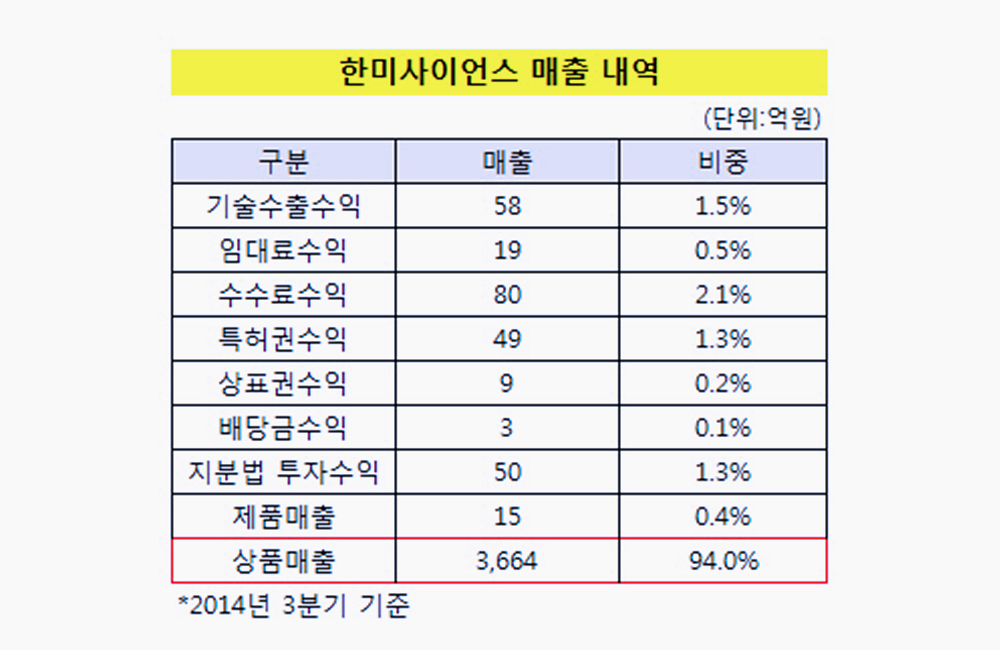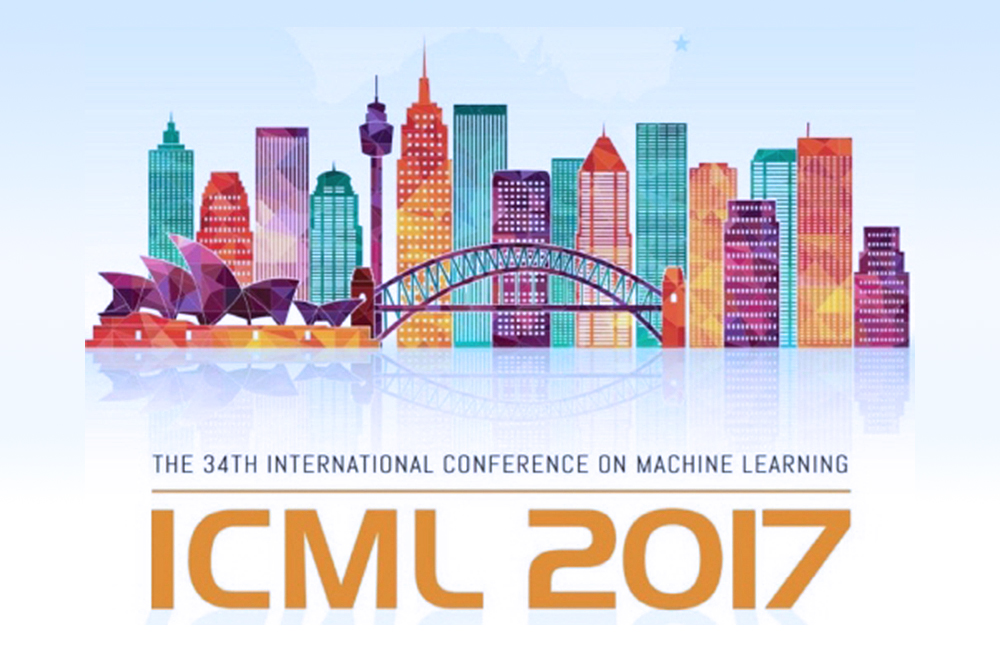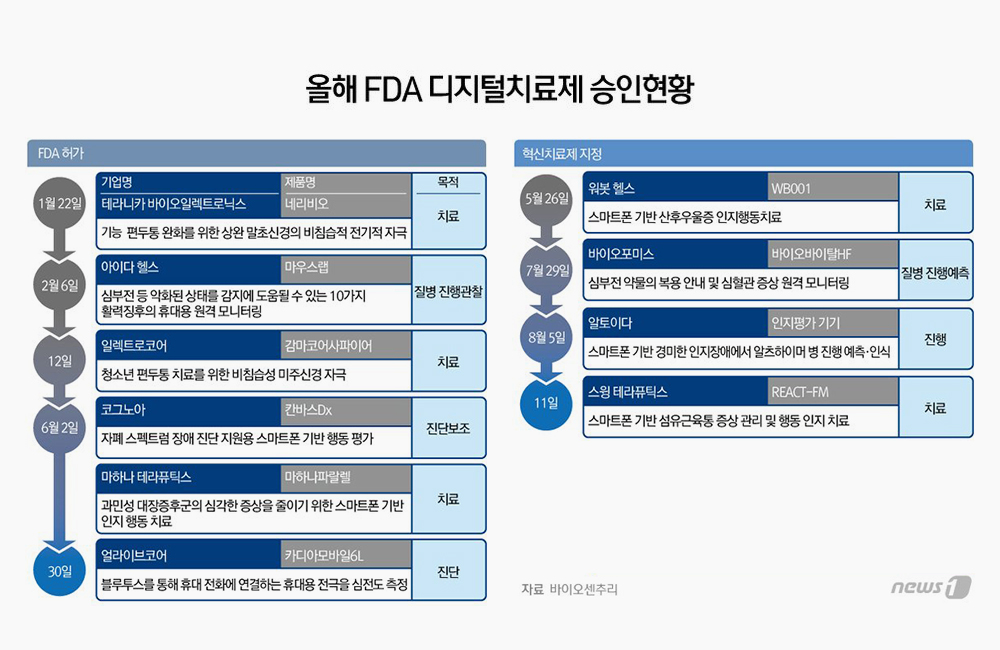HL7 International hosts a panel
highlighting the different uses of artificial intelligence in healthcare.
Artificial intelligence (AI) is making a
dent in healthcare in the US and around the globe, helping leaders in Europe,
South America, and Asia improve outcomes and cut costs, dissolving key pain
points in medicine.
So said presenters at HL7 International’s
recent panel titled: The Use of Artificial Intelligence (AI) in Healthcare,
hosted as part of the organization’s 35th Annual Plenary Meeting.
The panel featured four different
presentations discussing the different applications of AI in the healthcare
realm and was moderated by Walter Suarez, MD, MPH, HL7 International Board
Chair.
The first presentation was done by Xihong
Lin, PhD, a professor of biostatistics and the coordinating director of the
program in quantitative genomics at Harvard University.
In her presentation, AI in Genomics &
Population Health, Lin explained that in the last 10 years, the understanding
of genome data and whole-genome sequencing data has rapidly expanded with the
help of electronic health records. The goal of this data is to improve
precision medicine and preventive care strategies.
Promoted by the completion of the Human
Genome Project, researchers began putting extensive resources towards whole
genome sequencing, emerging with two large whole-genome sequencing programs:
TopMed and NHGRI Genome Sequencing Program.
According to Lin, data collected from these
genome sequence efforts can be used to address health disparities and advance
precision medicine for chronic diseases. However, Lin also highlighted that the
collection of genome sequencing information creates large amounts of data for
each patient.
With the use of biobanks, genome data is
accessible, stored effectively, and can be easily analyzed. Data in the biobank
can also be used to diagnose other people with a particular condition and can
develop insight into prevention strategies, improving population health.
“We are at the
exciting crossroad. It is an exciting time for human genetics and for this
research. This requires disciplinary research and science. This is critical for
the landscape of house data science and cloud-based infrastructure. Master
development is critical for building data sharing, data resources, data
analysis tools, and infrastructure,” Lin concluded in her presentation.
The second topic, Overview of AI Lab,
Ethics, Skunkworks & Developments in Clinical Care, was presented by
Jennifer Hall, AI senior data scientist at NHSX in London, England.
Hall gave an overview of the AI lab and the
Skunkworks team’s approach to AI.
NHSX works to transform the National Health
Service (NHS) and social care using digital technology. The goal is to provide
better access to data, creating an accessible digital space. For NHSX, better
access to data means better outcomes for patients.
Additionally, Hall explained that
digitalized data content can transform what organizations can do in Population
Health Management research, establishing the right standard to exchange data
securely. In terms of artificial intelligence, NHSX assists in the regulation
process.
“The AI lab part of
NHSX has the mission to enable the development and adoption of safe, ethical,
and effective AI-driven technologies and the UK healthcare system,” Hall
continued.
“The lab looks to
connect and speed up the progress of AI-driven technologies, including
demonstrating the value of AI healthcare, making it easier for people to
develop technologies and offering practical leadership, and how to get up and
running.”
According to Hall, NHSX works closely with
its partners to ensure a safe, robust, and ethical environment for AI
development to create patient-centered technology.
Hall, who is also a member of the
Skunkworks team, explained the team’s purpose is to “support ideas from scratch
to prove a concept and explore new and innovative ways to use AI support
underserved areas of the NHS.”
The team works together to identify
problems within the healthcare realm and determine how they can be supported
through the application of AI. They then evaluate the solution through risk
models, speaking with stakeholders, and assessing if it meets the community's
needs.
The following topic titled, AI in
Argentina: Lessons Learned at Hospital Italiano de Buenos Aires, was presented
by Sonia Benitez, MD, PhD, internal medicine specialist at Hospital Italiano in
Buenos Aires, Argentina.
Benitez explained some of the lessons the
hospital has learned when implementing artificial intelligence into its system.
“Our [AI] program was
created three years ago with the alliance between our department, health
informatics department, and the medical imaging department,” Benitez said.
Last year, program leaders decided to
expand its expertise to a data analytics project with the mission of
integrating artificial intelligence systems into the healthcare workflow to
improve patient safety, quality of care, and efficiency.
According to Benitez, the hospital used a
several-step process to ensure that the AI is meeting the hospital's goals.
Additionally, developers are continuing to assess the system, looking for ways
to improve upon it.
To develop an effective artificial
intelligence system, Benitez said having large amounts of high-quality data is
key.
The final presentation, AI: Its Positive
Impact on Health Outcomes in Asia Pacific, Japan and Beyond, was done by Julian
Sham, MD, the healthcare leader for the Asia Pacific & Japan sectors at Amazon
Web Services in Singapore.
Artificial intelligence is critical in data
organization, Sham explained. Large data sets can be difficult for an
individual to comb through without assistance. According to Sham, the use of
artificial intelligence lightens the load for physicians by quickly conducting
the analytic process for them.
Artificial intelligence is especially
helpful for physicians who are feeling burnout from the past 18 months of the
pandemic.
Sham noted that previous presenters talked
about data collection and using it to make predictive models and improve
patient outcomes. Having the ability to do so allows for better clinical
results and practices according to Sham.
“The ability of using
AI and ML [machine learning] to help do digital transformation is a key driver
to creating those personalized and engaging experiences that people are asking
for. It's also a key driver to help offset the heavy load and enable
data-driven operational political decisions, using the information to give you
insight as to how to influence and negotiate decisions” Sham continued.
“You're making a very
key point that we see from some of the stakeholders in the Asia Pacific region,
because of the different levels of health IT maturity is a key consideration of
driving down the cost of care, whilst maintaining or improving care quality.”
With AI, physicians can create personalized
and engaging experiences, which assists in the clinical decision-making
process, Sham concluded. Additionally, AI can drive down the cost of care and
improve research and collaboration efforts.
The artificial intelligence panel was
followed by a second panel in the afternoon titled, The Future of
Interoperability from National Coordinators.









